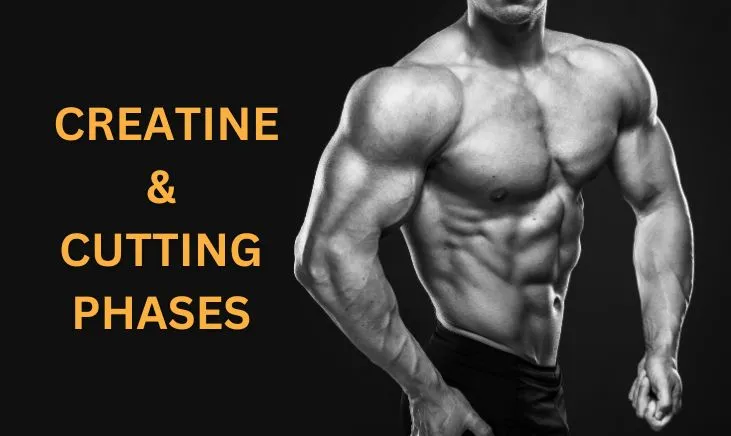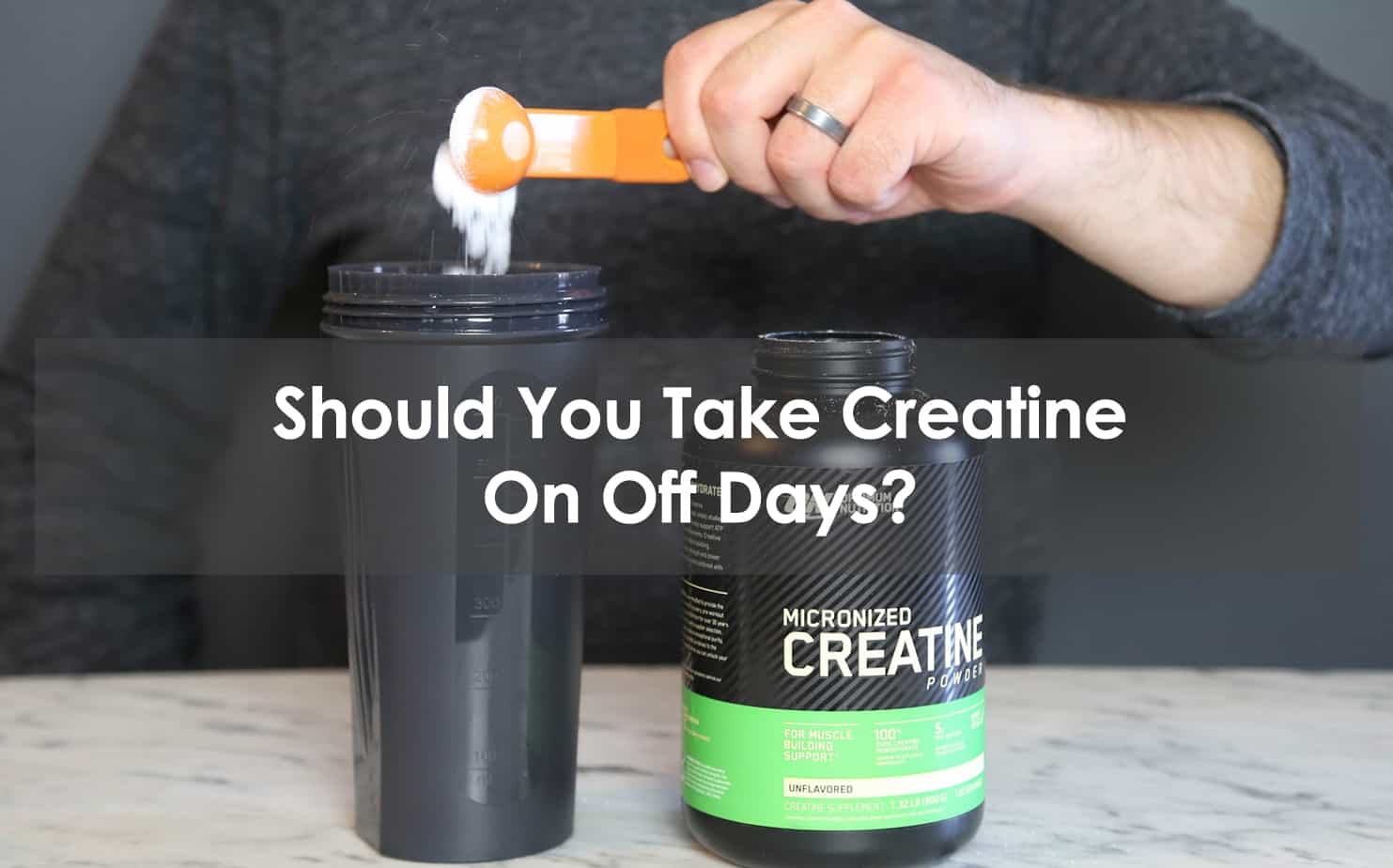Should I Stop Taking Creatine When Cutting
The question of whether to continue creatine supplementation during a cutting phase – a period of calorie restriction aimed at reducing body fat while preserving muscle mass – is a subject of ongoing debate among fitness enthusiasts and athletes. While creatine is widely recognized for its benefits in enhancing strength and power during bulking phases, its role during cutting is less clear-cut. This article aims to provide an objective overview of the arguments for and against maintaining creatine intake while cutting, drawing on scientific evidence and expert opinions.
The core question is: Does creatine, primarily known for its water retention properties, hinder the fat-loss process and aesthetic goals of a cutting phase, or does it continue to offer valuable benefits that outweigh potential drawbacks? Understanding the physiological effects of creatine and its interaction with a calorie-restricted diet is crucial for making an informed decision.
Understanding Creatine and Its Effects
Creatine is a naturally occurring compound found primarily in muscle cells.
It plays a vital role in energy production, particularly during high-intensity activities. Supplementing with creatine increases the body's stores of phosphocreatine, which helps regenerate ATP (adenosine triphosphate), the primary energy currency of cells.
This enhanced energy availability can lead to improved strength, power, and muscle endurance.
The Argument for Continuing Creatine During a Cut
Several compelling arguments support the continued use of creatine during a cutting phase.
Firstly, creatine helps preserve muscle mass. During a calorie deficit, the body is more prone to breaking down muscle tissue for energy.
Creatine's ability to enhance strength and power can help maintain training intensity, signaling to the body to preserve muscle mass.
This is particularly important during cutting, as retaining muscle helps maintain a higher metabolic rate and contributes to a leaner physique.
Secondly, creatine may indirectly aid in fat loss. By allowing individuals to maintain higher training intensity, creatine can contribute to greater overall energy expenditure during workouts.
This, in turn, can further support a calorie deficit and promote fat loss. Some studies suggest creatine may also influence metabolic processes related to fat oxidation, although more research is needed in this area.
Thirdly, the cognitive benefits of creatine are increasingly recognized. Studies have shown that creatine supplementation can improve cognitive function, particularly in tasks requiring short-term memory and processing speed.
Maintaining cognitive function is crucial during a cutting phase, as calorie restriction can often lead to mental fatigue and decreased focus.
The Argument Against Continuing Creatine During a Cut
The primary concern surrounding creatine use during a cut stems from its water retention properties.
Creatine draws water into muscle cells, leading to an increase in intracellular fluid. This can result in a temporary increase in body weight and a less defined appearance, which can be discouraging for individuals focused on achieving a leaner physique.
However, it's important to note that this water retention is primarily intracellular, meaning it occurs within the muscle cells and contributes to muscle fullness, rather than subcutaneous water retention, which causes a bloated or puffy appearance.
Another potential concern is the potential for inaccurate body composition assessments. The increased water weight associated with creatine can mask fat loss on scales or through visual assessments.
This can lead to frustration and potentially misguided adjustments to diet or training plans. However, tracking body fat percentage using methods like calipers or DEXA scans can help mitigate this issue.
Expert Opinions and Recommendations
Registered dietitians and certified personal trainers often offer nuanced perspectives on this issue. Many emphasize that the benefits of creatine in preserving muscle mass and maintaining training intensity during a cut generally outweigh the concerns about water retention.
They often recommend that individuals focus on tracking progress through multiple metrics, including measurements, body fat percentage, and strength levels, rather than solely relying on weight on the scale.
Some experts suggest that individuals who are particularly concerned about water retention can consider lowering their creatine dosage slightly during a cut.
Individual Considerations
Ultimately, the decision of whether to continue creatine supplementation during a cutting phase depends on individual factors and preferences. Factors to consider include individual goals, sensitivity to water retention, training experience, and tolerance to calorie restriction.
Individuals who are particularly sensitive to water retention or who find the associated weight gain psychologically discouraging may choose to discontinue creatine during a cut.
However, those who prioritize muscle preservation and strength maintenance may find the benefits of continuing creatine outweigh the potential drawbacks.
Conclusion
While the water retention associated with creatine can be a cosmetic concern during a cutting phase, the benefits of creatine in preserving muscle mass, maintaining training intensity, and supporting cognitive function generally outweigh the potential drawbacks for most individuals.
By focusing on tracking progress through multiple metrics and considering individual preferences, individuals can make informed decisions about creatine supplementation during a cut that align with their specific goals and needs.
Consulting with a qualified healthcare professional or registered dietitian is always recommended before making significant changes to supplementation or diet.














